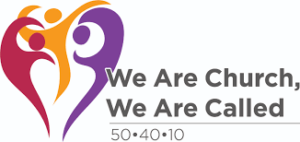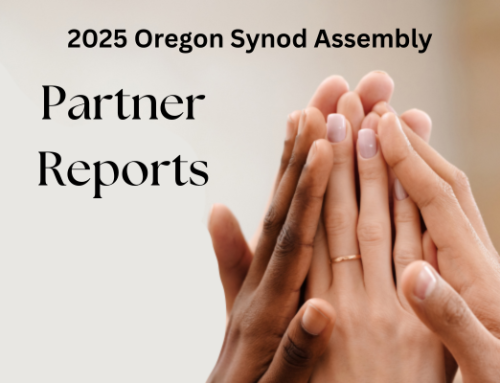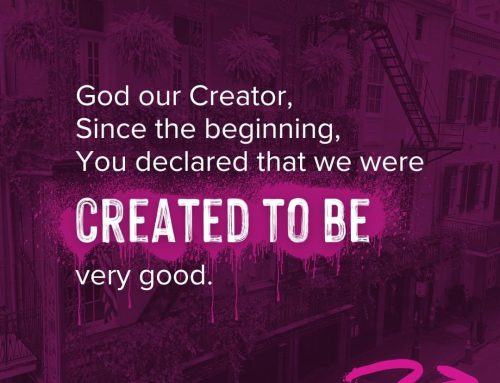Click edit button to change this text.
2020 marks the 50th anniversary of the ordination of women in the ELCA, the 40th anniversary of women of color, and the 10th anniversary of LGBTQ+ siblings.
It’s an incredibly important marker for the ELCA, though it is only the beginning for the Church, as women are still denied ordination across the denominations and hold less than 15% of the leadership positions in the worldwide church! Therefore, in 2020, we in the Oregon Synod will highlight one woman from Christian history every week. Some you may know, others you may not, but all worthy of our respect and gratitude.
#30: Fanny Crosby
Fanny Crosby set herself an ambitious goal: win a million people to Christ through her hymns. Having written more than 9,000 hymns in her life, many of which remain popular favorites, her goal was most likely met and exceeded. Fanny knew the spiritual power of music. At the age of 31, she had a mystical experience while listening to a hymn at a revival. Her “very soul was flooded with celestial light.” She spent the rest of her life worshipping God and serving others. Blinded in infancy by a specious “medical” treatment, she never bemoaned her condition. Instead, she accepted it as part of her fate: “I might not have sung hymns to the praise of God if I had been distracted by the beautiful and interesting things about me.” She taught at the New York Institute for the blind and spent her spare time among the desperately poor in New York City. She spoke up for the cause of abolition. When a cholera outbreak swept the city, instead of fleeing, she remained to tend the sick and dying. During all this, she never stopped writing. On top of her multitude of hymns, she published four books of poetry, wrote the first American opera, and penned several secular hits. Her lyrics were simple and from the heart, inspiration often striking quickly. She wrote one of her most popular hymns, “Safe in the Arms of Jesus,”—believed to be inspired by the sudden death of her only child—while listening to the tune played for the first time. Her other popular hymns include: “The Bright Forever,” “Savior, More Than Life to Me,” “Blessed Assurance,” “All the Way My Savior Leads Me,” “To God Be the Glory,” “Pass Me Not, O Gentle Savior,” “Rescue the Perishing,” and “Jesus Keep Me Near the Cross.” To keep her name from appearing so often in hymn books, her publishers employed over 200 pen names. She was famous in her time, both for her poetry and her rousing public speaking, which is the reason her husband suggested she keep her maiden name. She met and befriended many US presidents and other notable figures. However, she struggled financially because the copyright rules of the time gave music rights to the composer, not the lyricist, and Fanny rarely wrote melodies. She wrote her final stanza in her 95th year: “You will reach the river brink, some sweet day, bye and bye.” Her tombstone states—at her request: “She hath done what she could.”





